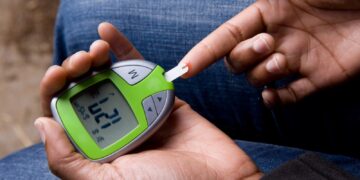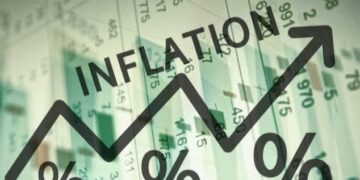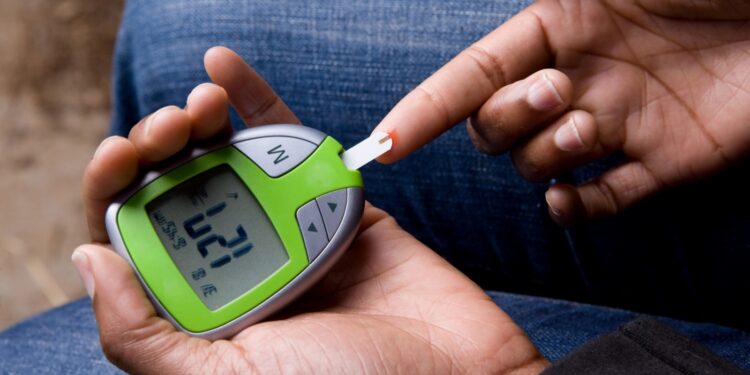Blood sugar is the main sugar found in the body and this comes from the food you eat, which is your body’s major source of energy. When the blood sugar level is high, this is referred to as HYPERGLYCEMIA, a result of insulin deficiency.
With a case of high blood sugar, diabetes can set in and if not properly managed or controlled might cause sudden death. The Normal range for blood sugar level should be between 65mg /dl- 110 mg/ dl while the renal threshold is 180mg/d. Some indications of high sugar level are frequent urination, thirst, tiredness and headache. Other causes of hyperglycemia include:
- Pancreatitis (inflammation of the pancreas)
- Hyperthyroidism (overactive thyroid gland)
- Cushing’s syndrome (elevated blood cortisol level)
- Unusual tumours that secrete hormones, including glucagonoma, pheochromocytoma, or growth hormone-secreting tumours
- Severe stresses on the body, such as heart attack, stroke, and trauma.
- Taking certain medications, including prednisone, estrogens, beta-blockers.
Fasting
Fasting, on the other hand, is the voluntary avoidance of food for spiritual, health, or other reasons.
Fasting Blood Sugar (FBS)
Fasting blood sugar is the appropriate time for checking blood sugar, which is to be conducted before eating in the morning. The purpose of fasting here is to determine the proper level of sugar in the body in the absence of any food.
Myth or Fact?
Research has shown that fasting, not starvation, has no effect on healthy individuals but ravages type 2 and type 1 diabetes patients. In type 2 diabetes, patients fasting can elevate glucose because of the effect of insulin falling and rising, counter regulatory hormones including increased sympathetic tone. These effects will push glucose from the liver storage into the blood. Therefore, fasting allows your body to use some glucose for energy leading to high sugar level.
Running out the door without eating breakfast isn’t a good idea for anyone, and new research suggests that for people with type 2 diabetes, skipping the morning meal may wreak havoc on blood sugar levels for the rest of the day. According to Dr Fatokun Amos, a medical scientist, “Fasting is optional but is advisable not to fast for individuals with diabetes.”
Also, not eating may give you a headache if you fast for more than a day or so, your body may not get enough of the nutrients it needs without supplements.
Type 1 Diabetes And Fasting
Type 1 diabetes can develop at any age in life but mostly occurs in children and adolescents in life while Type 2 is more common in adults and accounts for around 90% of all diabetes cases. The biggest danger of fasting if you have type 1 diabetes is that your blood sugar levels could go dangerously low (this is called hypoglycaemia).
For a normal person, a skipped meal alters the balance between food intake and insulin production and can cause your blood sugar levels to eventually drop. For diabetic people dependent on insulin or blood sugar-lowering medication, skipping meals can be more dangerous because it can lead to low blood sugar.
It is not uncommon to observe the spiritual exercise of fasting. As long as one is healthy and pays frequent visits to the doctor for check-ups, you are safe, but individuals with health challenges should avoid fasting if possible.
The medical information provided in this article is provided as an information resource only. This information does not create any patient-physician relationship and should not be used as a substitute for professional diagnosis and treatment.





































